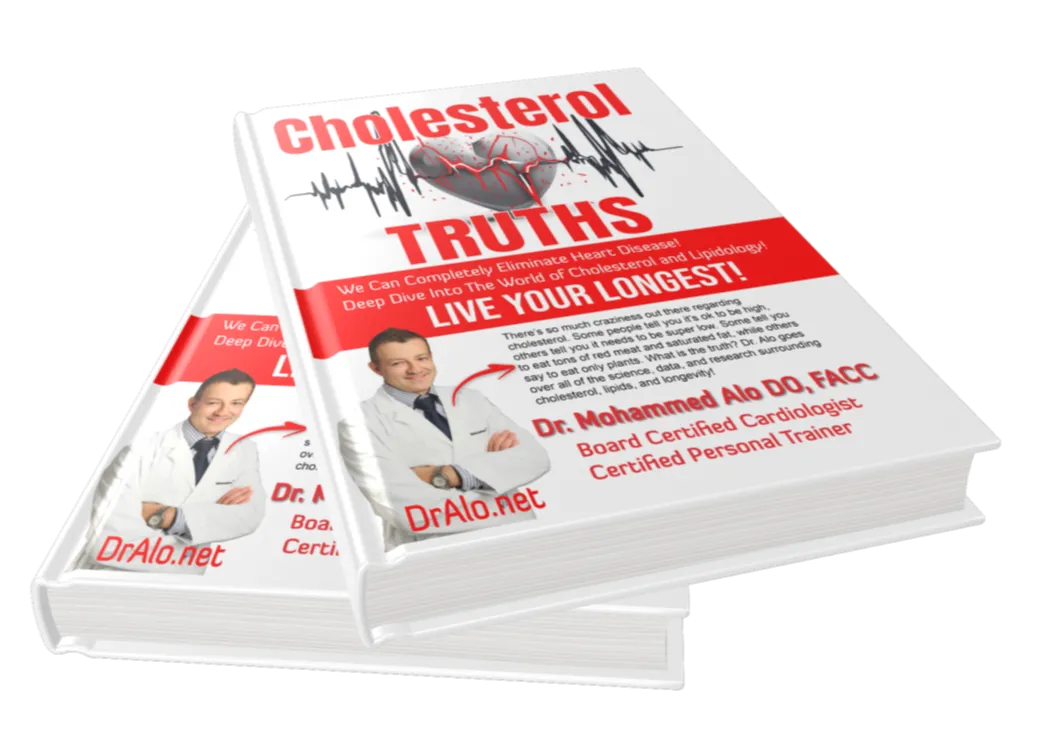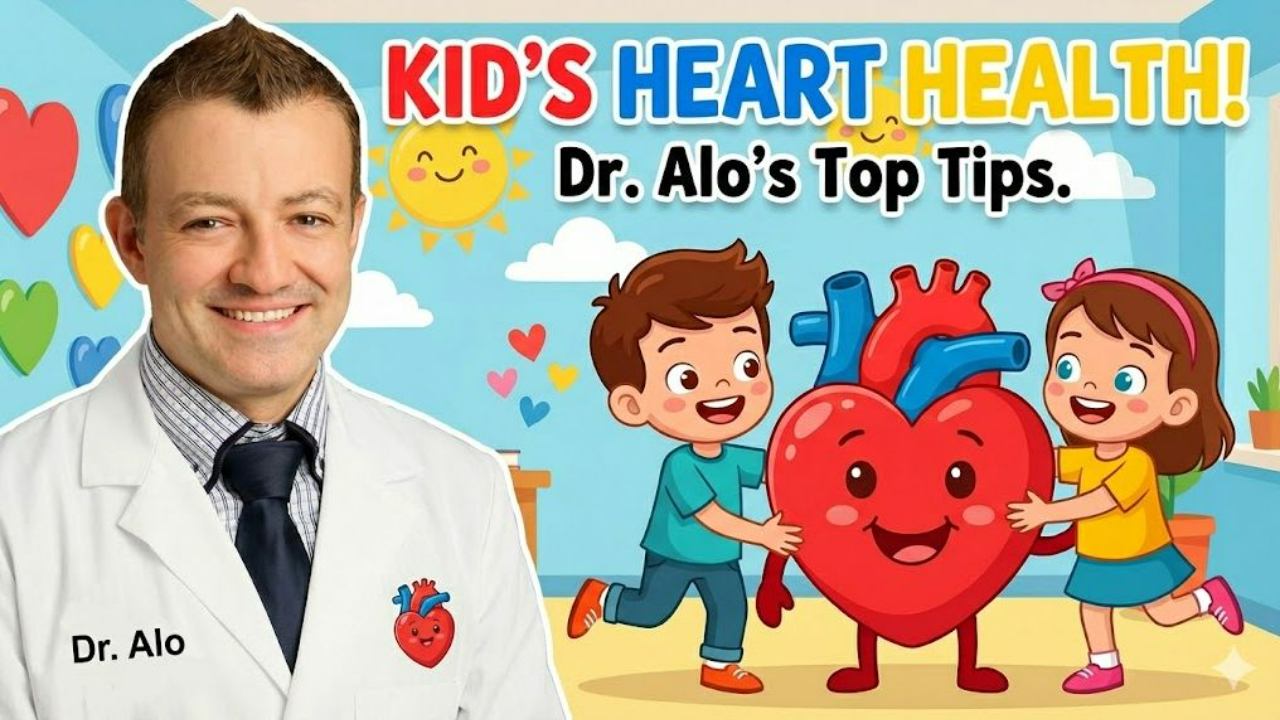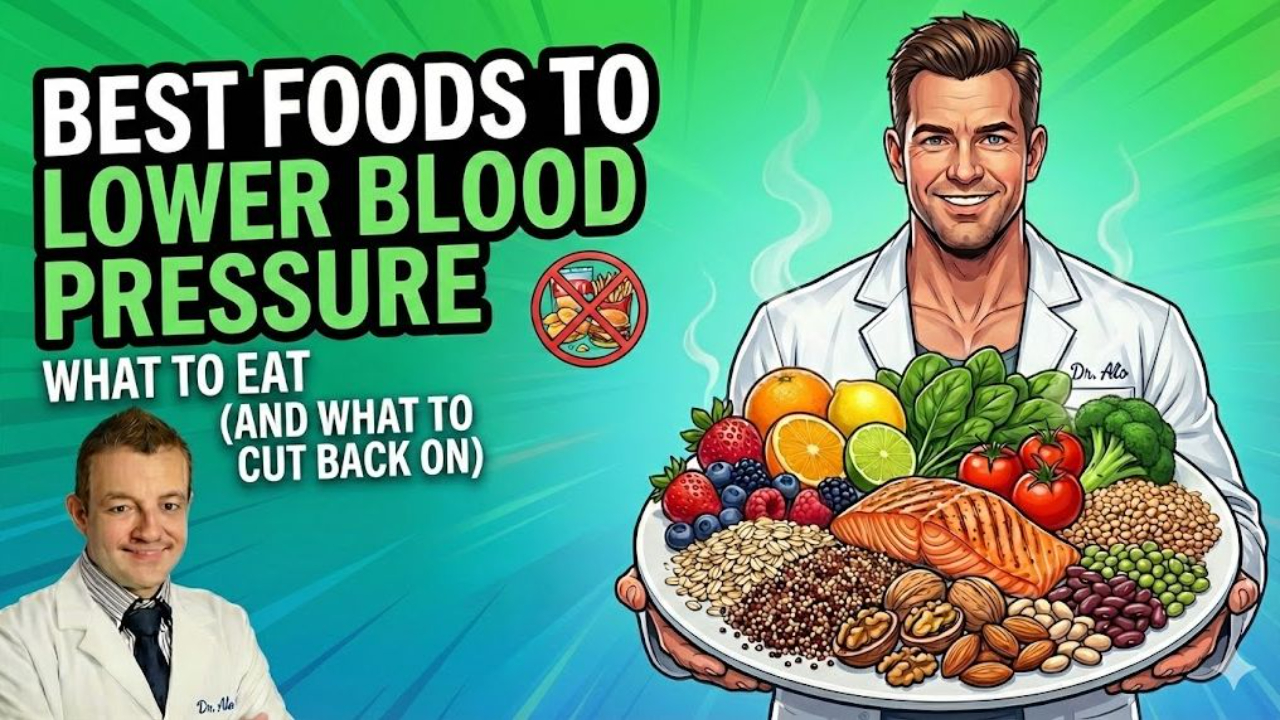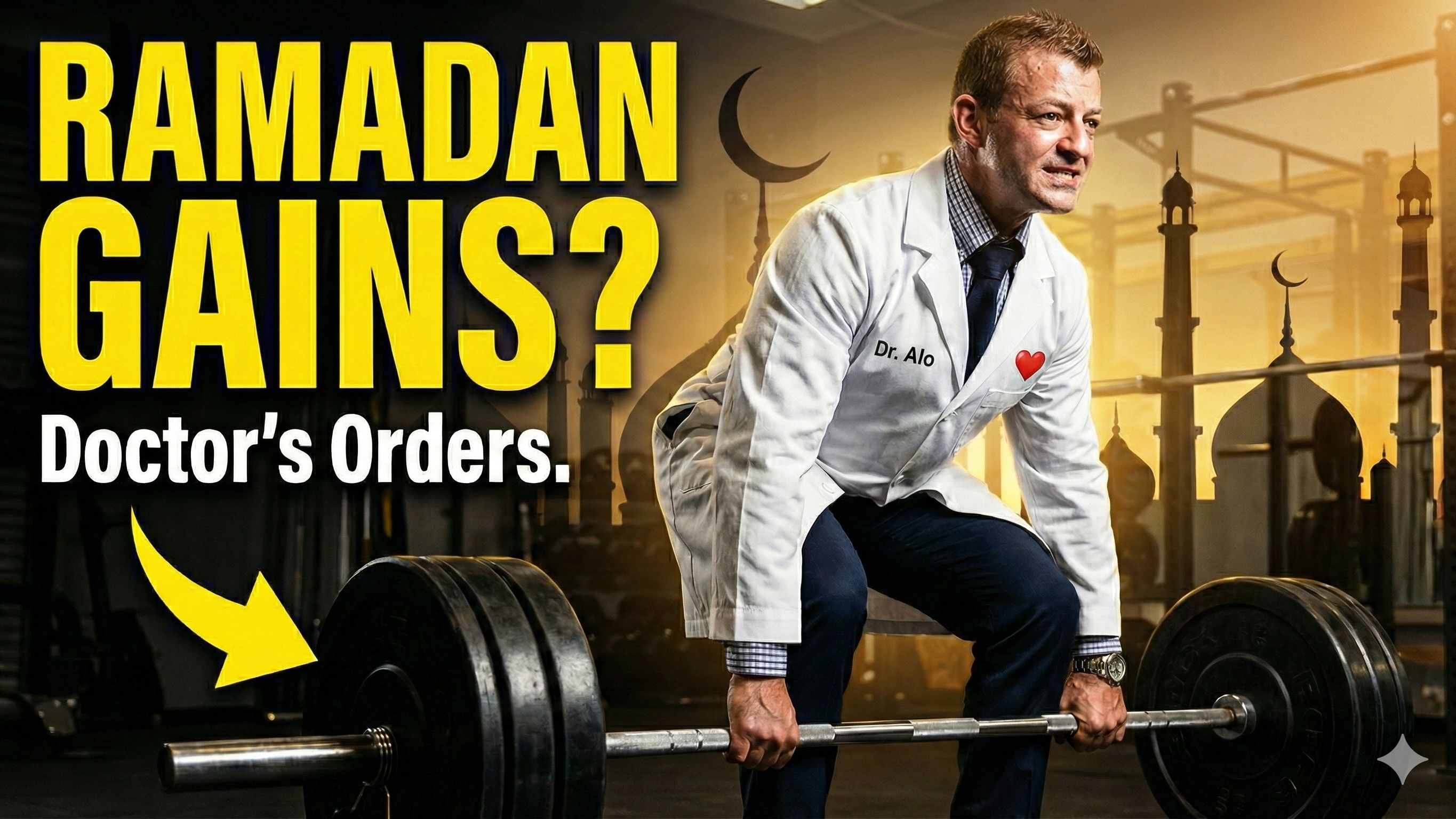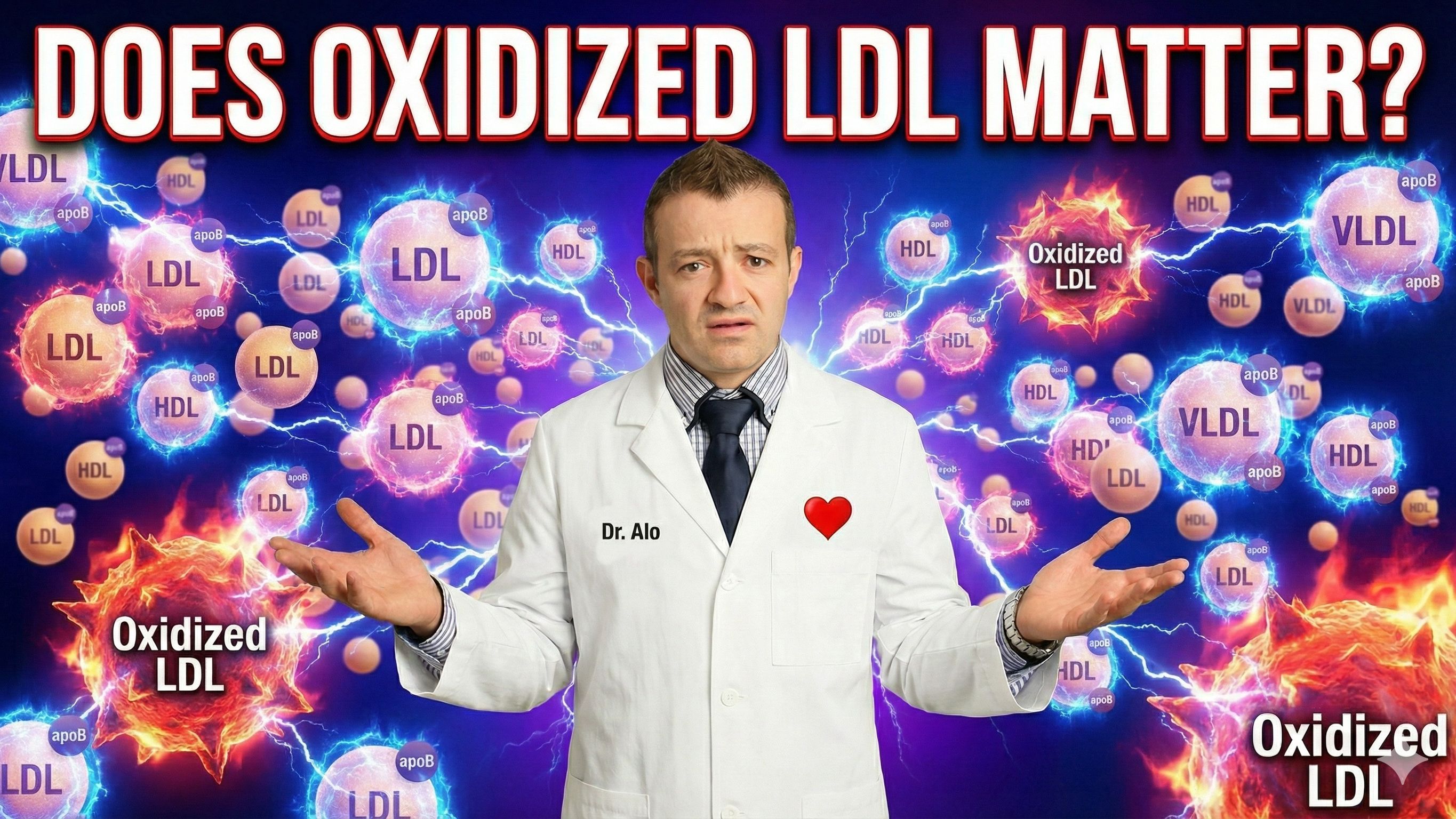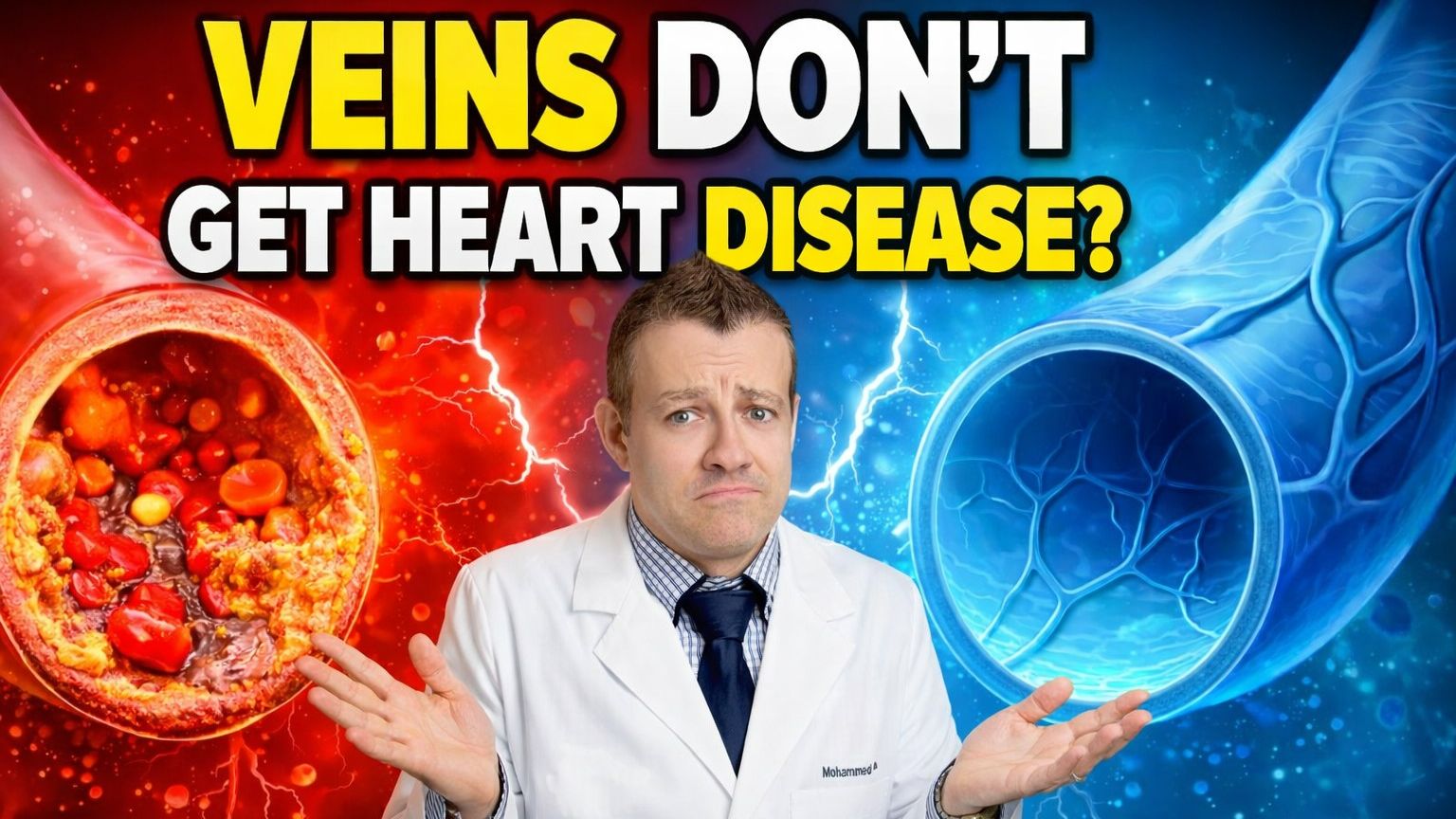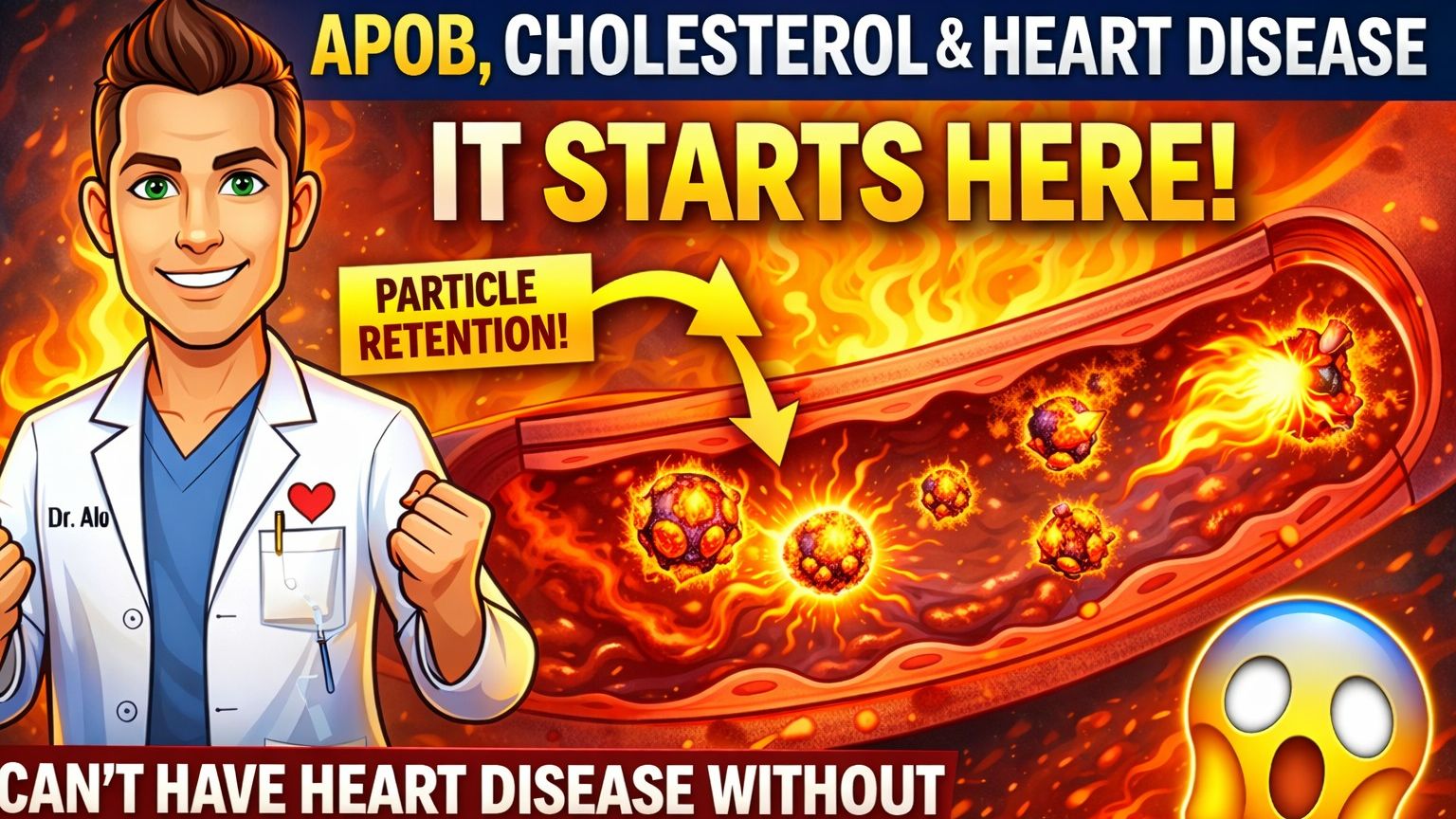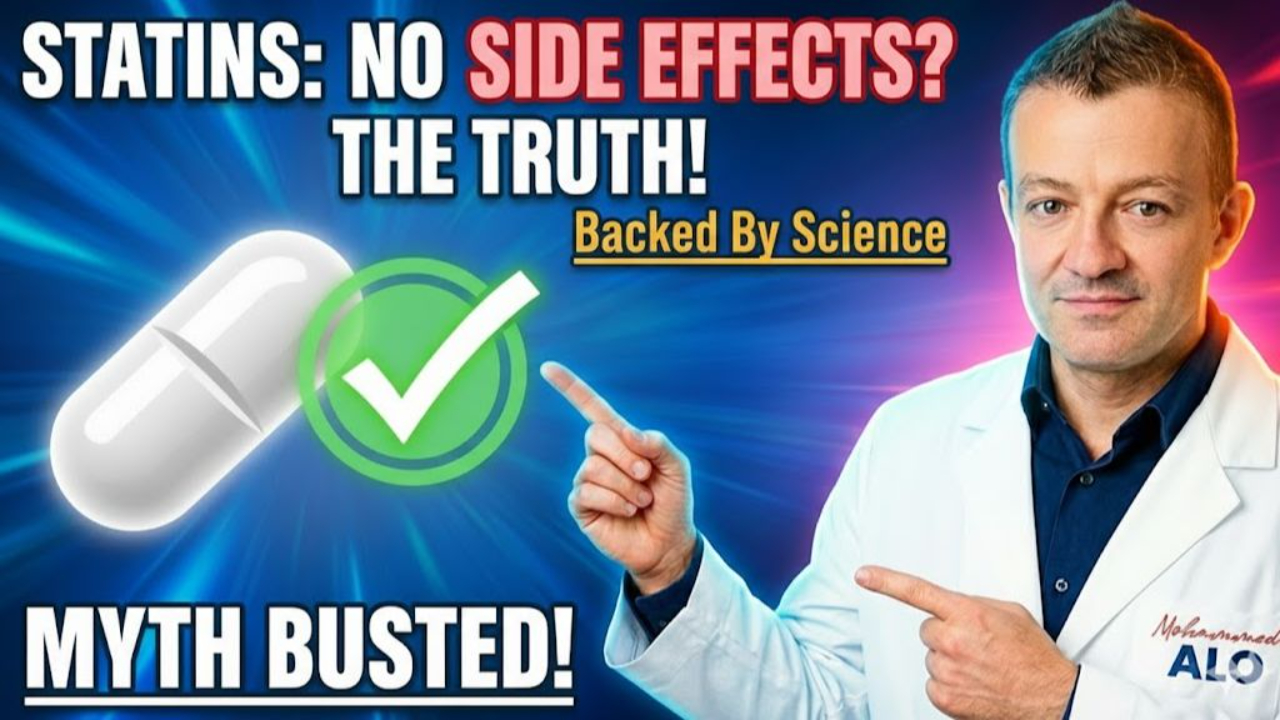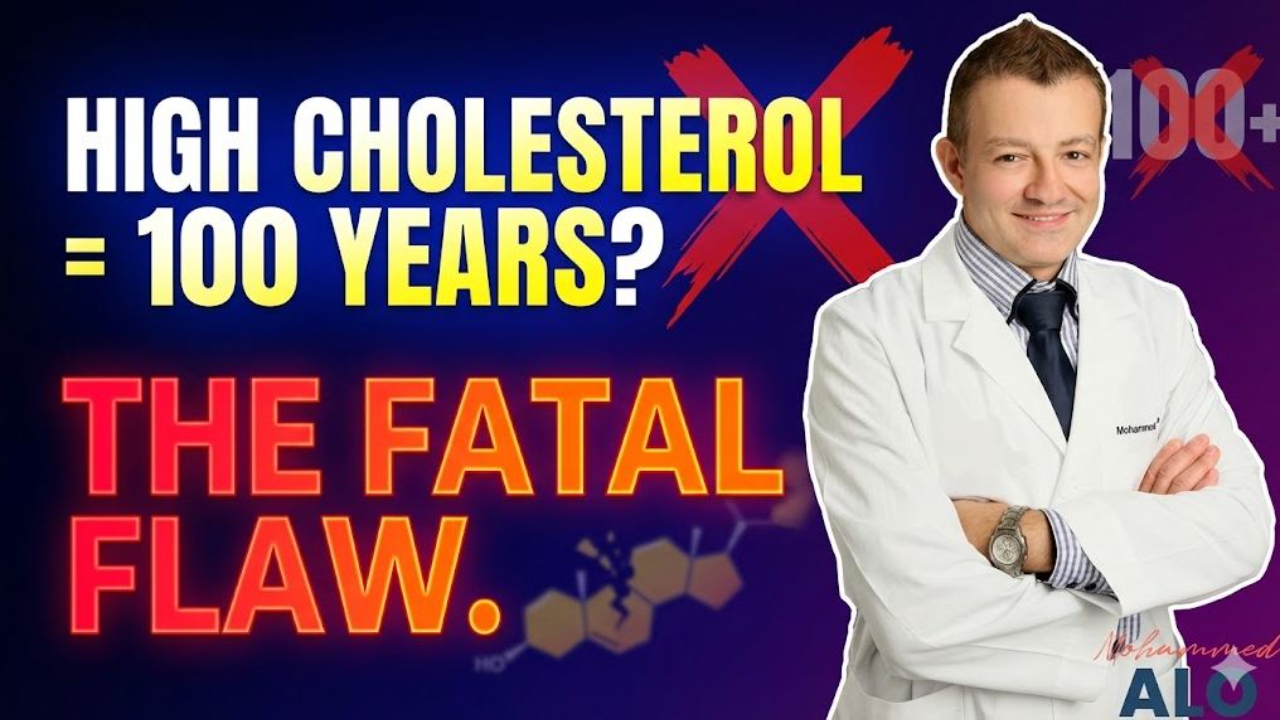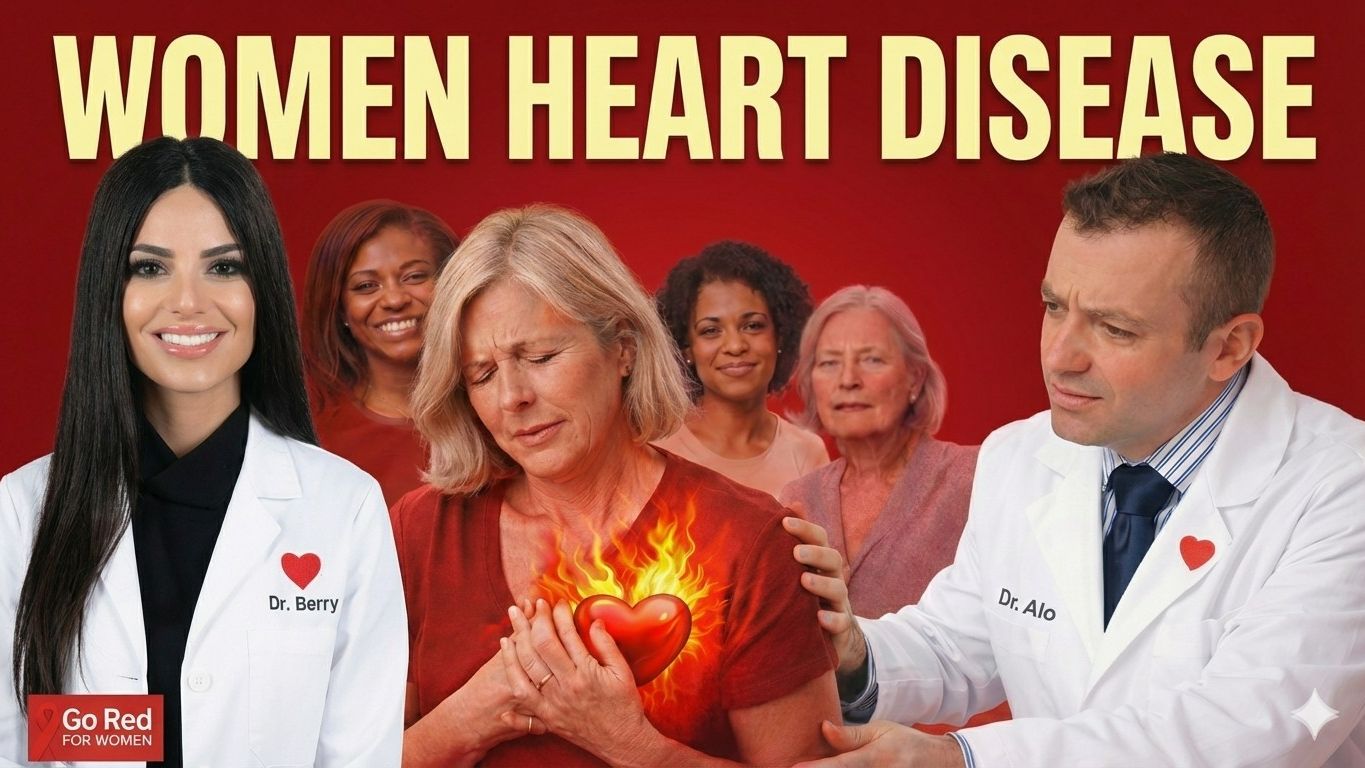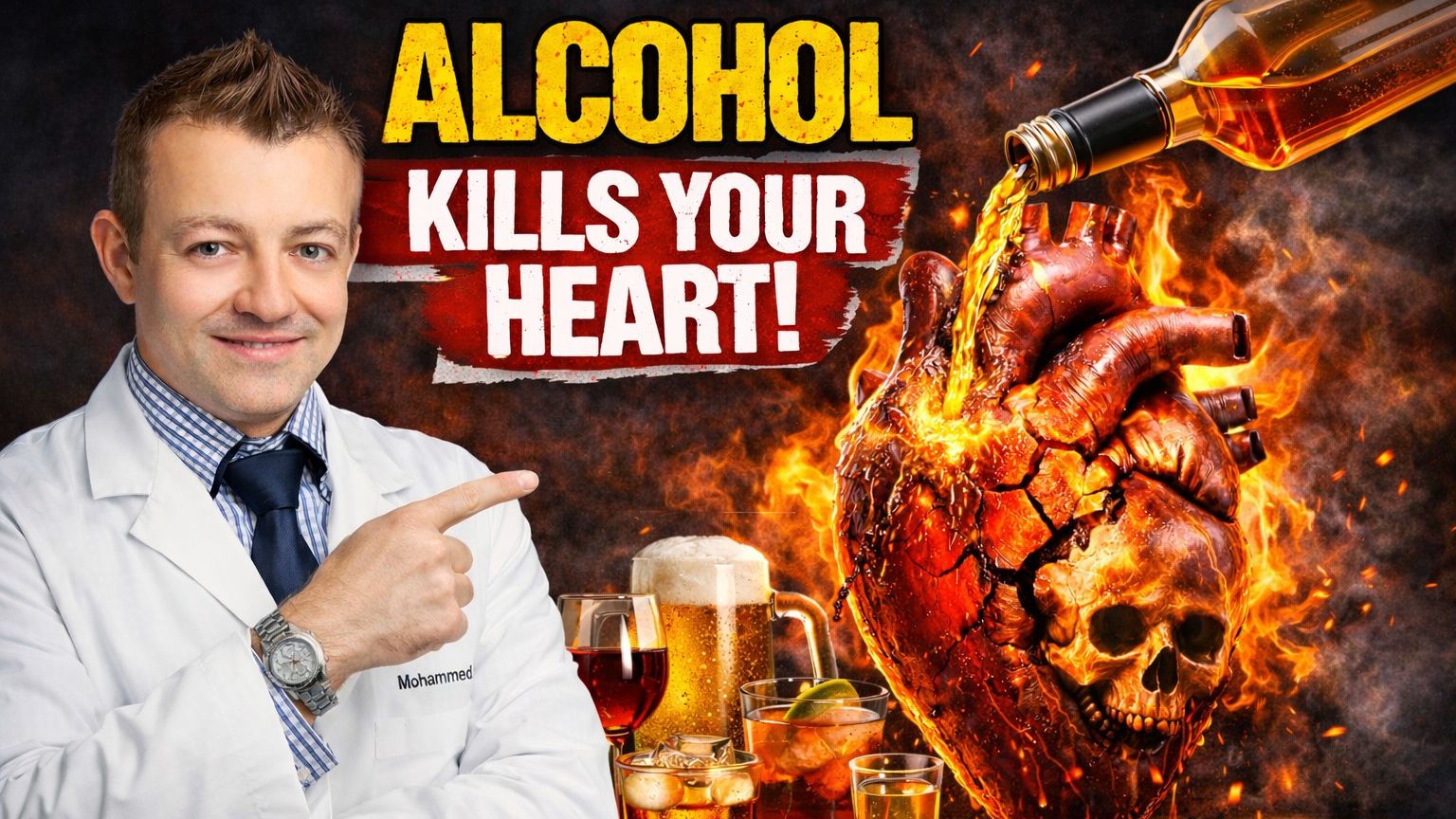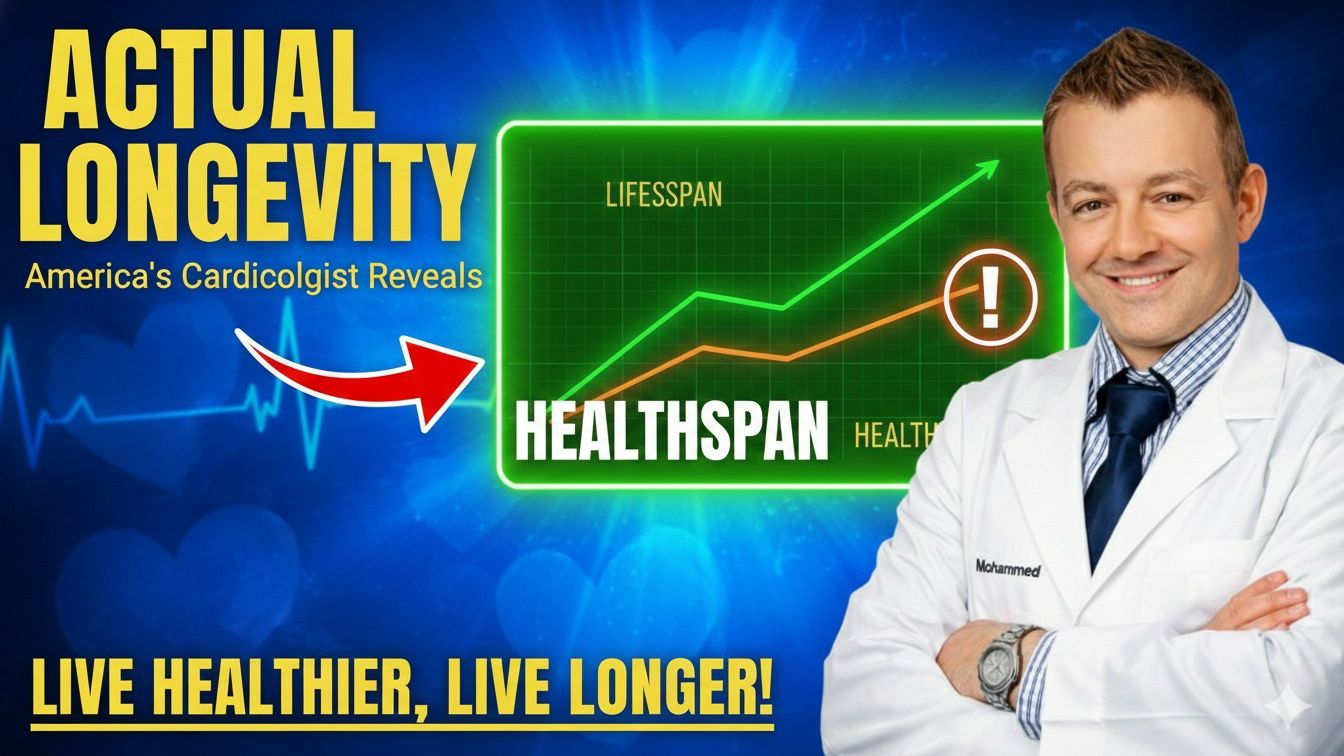The Dangers of Diet Culture and the Rise of Diet Trauma
Jan 04, 2023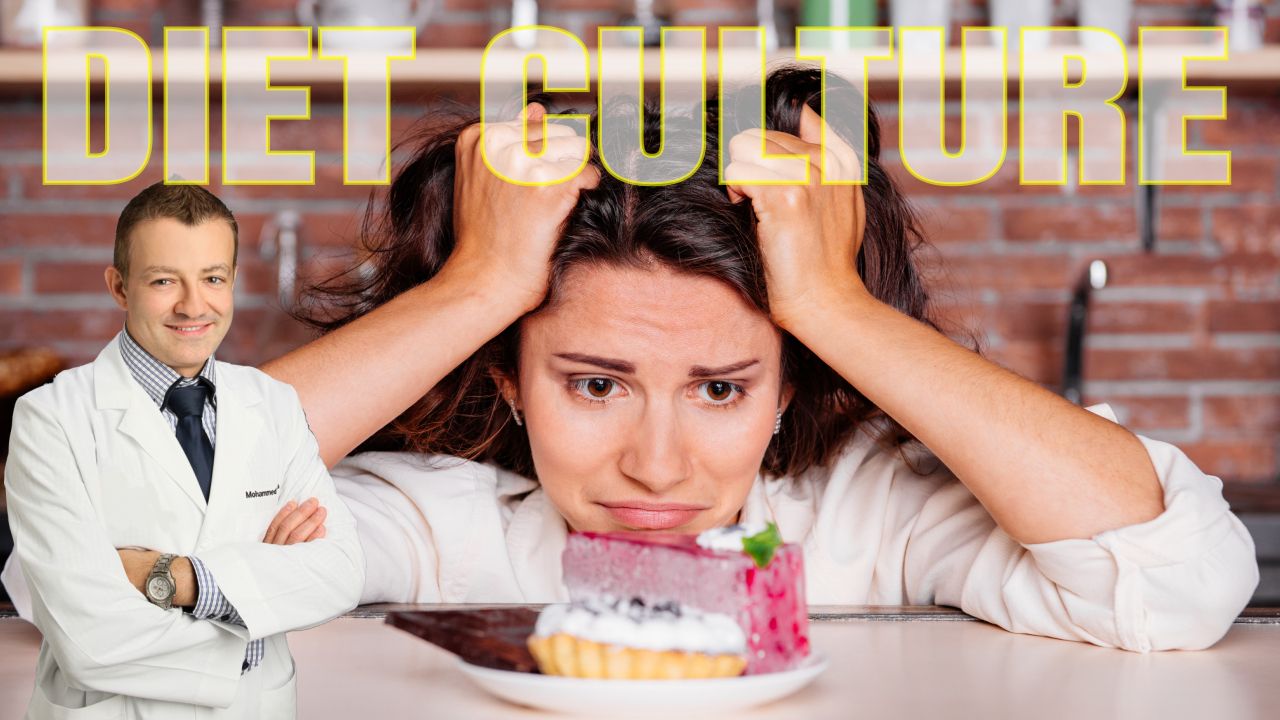
Diet Trauma and Diet Culture
As someone who has struggled with their relationship with food and their body, I understand the toll that diet culture and diet trauma can take on your mind, body, and spirit. I've been there, feeling like I'm never enough, constantly trying to shrink myself to fit into society's narrow definition of beauty. It's part of our culture growing up. It's incredibly heard to overcome diet culture and diet trauma.
As lecturer at medical conferences and medical schools, I see firsthand the destruction and negativity that diet culture and diet trauma causes. Even highly educated physicians and healthcare professionals suffer the consequences and effects of diet trauma. No one is immune to this travesty.
At every conference, I see doctors looking at me funny or judging me based on what I am eating or the comments they make during social hour. It's very traumatizing and isn't helpful.
I heard a physician tell her daughter at a medical conference breakfast buffet, "Let's get out of here, there's nothing here that's healthy." She was looking at a buffet of apples, oranges, bananas, yogurt, croissants, eggs, and some breakfast cereal. What type of diet culture and misinformation has to happen so that a physician thinks that none of those things are healthy and would say that to a child. Imagine the diet trauma that child will suffer growing up. She will grow up fearing food and thinking nothing is ever healthy enough.
Orthorexia is a disorder that is defined as an obsession with healthy eating with associated restrictive behaviors. This worsens diet culture and promotes it. Kids are specially traumatized by this and don't know that it's not normal.
Just look at the social media profiles of famous doctors or weight loss experts, nearly everything they do reinforces diet culture.
Social media has only compounded this problem and made it ten thousand times worse. It's even now affecting our young teens and children on social media. Kids have no idea what to eat, how to eat, or if it's ok to eat it.
What is Diet Trauma?
Diet trauma refers to the psychological damage that can result from a negative relationship with food and body image. This can include feelings of shame, guilt, and self-loathing when it comes to food, as well as an obsession with counting calories and restricting intake. It can often manifest by not allowing yourself to eat foods you love, because you are afraid to gain weight!
Diet trauma can begin as early age age 6 or 7 when children are exposed to food phobias when mom or dad begin to make comments. Parents begin tell their children what to eat and what to avoid based on the the parents antiquated dogma around food. This can be very mentally taxing, traumatizing, and forms the foundation of a poor relationship with food and body image.
According to a study published in the International Journal of Eating Disorders, dieting is a significant predictor of the development of disordered eating behaviors, such as binge eating and purging (1). These behaviors can have long-lasting effects on an individual's mental health; low self-esteem, anxiety, and depression.
Let's not do this to our children!
Watch my Free Mindset Weight Loss Course to learn how to acknowledge, avoid, and reverse diet trauma!
The Root of Diet Trauma: Diet Culture
The root of diet trauma lies in the belief that our worth and value are tied to our appearance and weight on the scale. This belief is perpetuated by diet culture and the media, which constantly tells us that losing weight is the key to happiness and success. However, this simply isn't true.
A study published in the Journal of Consulting and Clinical Psychology found that dieting was not an effective method for sustained weight loss and that it was associated with an increased risk of binge eating, weight cycling, and body dissatisfaction (2).
The last thing we need is to trade one health problem for an even riskier one. Being slightly overweight is much healthier than giving yourself multiple different eating disorders, some of which can be deadly.
The Failure of Diets: Why They Don't Work
The truth is that diets don't work. Studies have shown that the vast majority of people who lose weight on a diet will eventually gain it back, often leading to a cycle of yo-yo dieting and increased feelings of frustration and failure. This is because diets are often restrictive and not sustainable in the long-term, leading individuals to eventually give up and return to their previous eating habits.
Furthermore, diets can actually make it harder to lose weight in the long term by slowing down the metabolism and causing hormonal imbalances. A study published in the New England Journal of Medicine found that dieting was associated with a slower metabolism and a greater reduction in the number of calories burned at rest, making it harder to maintain weight loss in the long-term (3).
This is why I wrote Actual Weight Loss, so people can learn how to actually lose weight without restrictive eating patterns and to lose weight eating foods they already love and enjoy.
It's Not Your Fault!
Let me make this loud and clear - It's not your fault your diet has failed!
Diets are often marketed as the solution to all your problems, but the reality is that they rarely lead to lasting weight loss. Studies have shown that dieting is associated with disordered eating, and that restriction can actually lead to bingeing and weight gain in the long run (Polivy & Herman, 2002; Hartmann, Wright, & Paxton, 2014).
Our bodies are designed to protect us from starvation, and when we restrict ourselves, our metabolism slows down to conserve energy (Sumithran, Prendergast, Delbridge, Purcell, Shulkes, Kriketos, & Proietto, 2013). This makes it even harder to lose weight in the future, setting us up for a vicious cycle of dieting and weight gain.
So, if you've failed at diets in the past, it's not because you lack discipline or willpower. It's not because you're lazy or unmotivated. It's because diets simply don't work.
I discuss long term, sustainable, and simple weight loss frameworks in my book, grab it above.
Diet Research and Weight Loss
I have found that restrictive dieting rarely leads to lasting weight loss, and often results in a vicious cycle of restriction and bingeing. Especially, if you are doing a restrictive fad diet like keto, low carb, intermittent fasting, paleo, elimination diets, water fasts, prolonged fasts, and starvation diets. Yes, they work in the short term, but the long term outcomes are not promising.
Studies have shown that past dieting experiences are strongly associated with disordered eating (Hartmann, Wright, & Paxton, 2014), and that food restriction can have serious psychological consequences, such as feelings of guilt and low self-esteem (Polivy & Herman, 2002).
I'm sure you have noticed this yourself. How many times have you lost and gained the same 20-30 pounds over the last 20 years? If you are like me, at least 40 times over and over again!
The science is clear that diets don't work and can do more harm than good by slowing down our metabolism and making it even harder to lose weight in the future (Bray & Ryan, 2002; Sumithran, Prendergast, Delbridge, Purcell, Shulkes, Kriketos, & Proietto, 2013).
That's why I'm so passionate about helping others break free from diet culture and heal from diet trauma. As someone who has been there and come out on the other side, I know that it's possible to have a healthy relationship with food and your body. In case you don't know, I lost 50 pounds after investing years and $100k in education and training. I don't want you to have to go through that! I have the cheat code and shortcut!
Breaking the Cycle of Diet Trauma: A Weight Loss Mindset Course
So, what can be done to break the cycle of diet trauma? The answer lies in developing a healthy relationship with food and body image, and that's where my weight loss mindset course comes in. My course is designed to help you break free from the harmful beliefs and behaviors of diet culture and learn to love and accept your body exactly as it is. By focusing on developing a healthy relationship with food and body image, my course teaches men and women how to achieve their health and wellness goals in a sustainable and holistic way.
As the world's leading expert on weight loss, you will have full access to me and my years of experience in this space!
According to a study published in the International Journal of Behavioral Nutrition and Physical Activity, a weight loss program that emphasizes a non-diet approach and a positive body image has been shown to be more effective in promoting weight loss and improving overall health than traditional diet programs (4). That's why I crated this weight loss mindset course!
My weight loss mindset course is based on the latest scientific research and is led by the most experienced physician on the topic of diet trauma and how to overcome it. This course will help you develop a positive relationship with food, learn to listen to your body's hunger and fullness cues, and find joy and happiness in your body just as it is. You will also lose weight and get healthier!
If you're ready to break free from the negative impact of diet culture and start on the path to a healthier, happier life, I invite you to join me in this weight loss mindset course. I believe in you, and I know that you can do this. Let's work together to heal from diet trauma and learn to love and accept our bodies, just as they are.
Diet culture has become a pervasive part of our society, promoting the idea that thin equals beauty and success. However, the reality is that diets often fail to deliver long-lasting weight loss and instead, they can cause significant harm to an individual's mental and emotional well-being. This is known as diet trauma, a growing concern among health and wellness professionals.
Lose Weight Without Diet Restrictions and Fads
Whether you've struggled with diet trauma for years or you're just beginning to feel the effects of diet culture, my weight loss mindset course can help. With a combination of expert guidance, a supportive community, and practical tools and techniques, you'll learn how to overcome diet trauma and develop a healthy, balanced relationship with food (and exercise) and your body. So, if you're ready to break free from diet culture and reclaim your happiness.
When you are ready to break free from the negative impact of diet culture and start on the path to a healthier, happier life, sign up for my weight loss mindset course today! You deserve to love and accept your body, and I'm here to help you get there.
Not only do you get access to the most comprehensive mindset curriculum, my course also comes with a supportive community of like-minded individuals who are on the same journey towards a healthier relationship with food and their bodies.
At the end of the course, you'll have a newfound sense of confidence and self-love, and the tools and techniques you've learned will empower you to maintain a healthy and positive relationship with food and your body for the rest of your life.
So, if you're ready to break free from the harmful cycle of diet trauma and reclaim your life, join my weight loss mindset course today. Your journey to a happier, healthier you starts now.
References:
-
Hartmann, A. S., Wright, K. A., & Paxton, S. J. (2014). A review of the relationship between past dieting experiences and disordered eating. International Journal of Eating Disorders, 47(6), 767-778. https://www.ncbi.nlm.nih.gov/pmc/articles/PMC5003636/
-
Polivy, J., & Herman, C. P. (2002). Psychological consequences of food restriction. Journal of Consulting and Clinical Psychology, 70(3), 1069-1075. https://pubmed.ncbi.nlm.nih.gov/8655907/
-
Bray, G. A., & Ryan, D. H. (2002). Medicine. The perils of dieting. New England Journal of Medicine, 346(8), 626-628. https://www.ncbi.nlm.nih.gov/pmc/articles/PMC5764193/
-
Sumithran, P., Prendergast, L. A., Delbridge, E., Purcell, K., Shulkes, A., Kriketos, A., & Proietto, J. (2013). Long-term persistence of hormonal adaptations to weight loss. New England Journal of Medicine, 365(17), 1597-1604. https://pubmed.ncbi.nlm.nih.gov/22029981/
Still Have Questions? Stop Googling and Ask Dr. Alo.
You’ve read the science, but applying it to your own life can be confusing. I created the Dr. Alo VIP Private Community to be a sanctuary away from social media noise.
Inside, you get:
-
Direct Access: I answer member questions personally 24/7/365.
-
Weekly Live Streams: Deep dives into your specific health challenges.
-
Vetted Science: No fads, just evidence-based cardiology and weight loss.
Don't leave your heart health to chance. Get the guidance you deserve. All this for less than 0.01% the cost of health insurance! You can cancel at anytime!
[👉 Join the Dr. Alo VIP Community Today]



